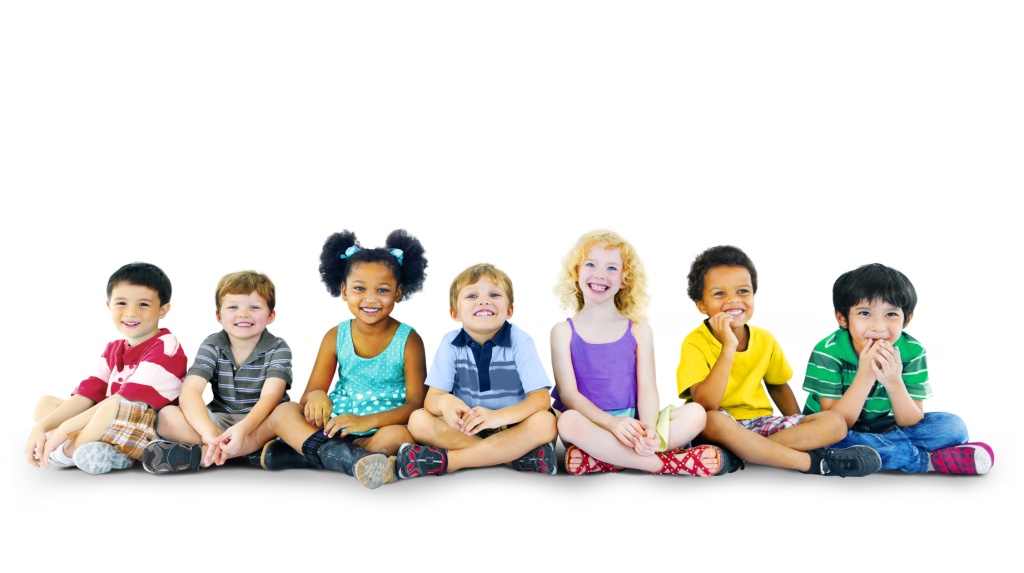
It is well understood that the single most damaging thing for children of divorce is exposure to on-going conflict between the parents. It makes every transition fraught and difficult, and forces the child to take sides on things he/she should not have to take sides on. It pushes the child into painful loyalty conflicts, and often causes chronic anxiety states in children. Exposure to on-going conflict is also commonly associated with problems in the child’s own relationships when he/she grows up.
It’s a common assumption that children are negatively affected by their parents’ divorce, but a new divorce study shows that parental conflict and a lack of co-parenting are actually the true culprits when it comes to harming a child’s mental health.
According to psychologists at the University of Basque Country, divorce in itself isn’t the issue when it comes to a child’s long- and short-term problems associated with parents breaking up. The real issue when it comes to children and divorce are the presence of fighting parents, family instability, and family conflict.
The study followed over 400 families through the various stages of divorce. Throughout marital issues, separation and divorce, children were observed for signs of depression, anxiety, behavioral issues, and other common issues associated with divorce. Surprisingly, the study found that these problems only surfaced in cases where divorce was accompanied by other issues in the household, including parental conflict, changes in daily routine, and issues with co-parenting.
Separation and divorce is a traumatic event for children, regardless of their age. When they’re told of the decision they have fears, worries and questions. They wonder, Where will I live? Who will I live with? Do I have to leave? What about my friends? Will we still go on holidays? Will I get to see Dad? What about the dog? How much time will I spend with people? Can I still have lessons, hockey, rugby… The questions speak volumes on children’s interests’ and their wellbeing.
Conflict between parents can have a devastating effect on children during the divorce process, particularly during the time immediately before and after the divorce. Witnessing conflict can be confusing to the children because they love both parents and are generally torn in their loyalties to each of them.
While it is often difficult, to shield children from all parental conflict, it is of utmost importance to do so. Parents must always agree to put their children first by keeping them out of parental disagreements.
It is not uncommon to find that a custodial parent use the child as a weapon in the matrimonial combat and is sabotaging the contact and interaction of the non-custodial parent. This is predominantly evident in high-conflict divorce cases where a parent might even go so far as to abduct the children to an overseas country, thereby alienating the relationship the other parent has with his/her children.
Of great concern, however, are the allegations one often hear of some lawyers making a practice of escalating the acrimony between divorcing / separating parents.
These practices occasionally include encouraging clients to make false claims of abuse, encouraging women to invoke violence as a way to ensure an advantage in parenting and financial disputes. For instance, some unethical lawyers are encouraging clients to apply for protection orders under the Domestic Violence Act 116 of 1998 in order to frustrate the attempts by the non-custodial parent to see his or her children.
Untruthful allegations also enter divorce proceedings by way of lawyers who place allegations of criminal behaviour in affidavits, without substantiation from child welfare practitioners or police authorities and without consequence to the accusing parent or lawyer involved. It may be that lawyers acting in such a way are pretty few and far between, but they certainly are there.
Children are often surprised by their parents’ decision to divorce and some knew things were tense before their parents separated but they never expected them to divorce. Children sometimes feel they have no say in the decision to get divorced, and they are left unsure about what to expect in the future.
Most families experience a significant drop in income after a divorce. Money that was once applied to one household now have to support two, and often a single mother earn less than a single father. It is often impossible to have the same lifestyle that the family enjoyed before the divorce. This is a common risk in divorced families because maintaining economic stability is clearly a protective factor for children.
Bertus Preller
Famly Law Attorney
Abrahams and Gross Inc.
Twitter: bertuspreller
Tel:  021 422 1323
021 422 1323
Regular Blog: http://www.divorceattorneys.wordpress.com


Leave a comment